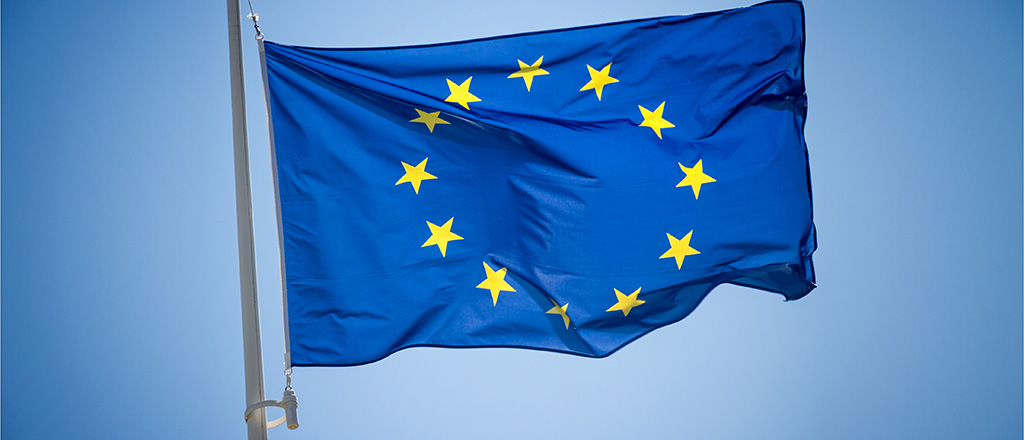The European Union (EU) will provide Zimbabwe with an additional €10 million in funding to address humanitarian needs in the country, such as those arising from the ‘deteriorating’ economic situation combined with weather-related disasters.
Zimbabwe has suffered from weather related disasters such as drought and more recently Cyclone Idai, which killed hundreds and displaced thousands.
According to the EU, their support must focus on food assistance, healthcare, water and sanitation, resilience building and support for vulnerable people’s livelihoods.
This aid package was announced during EU’s provision of €7 million in humanitarian aid to increase the capacity of communities and authorities in the Southern Africa and Indian Ocean region, to prepare for and respond to disasters.
The money is an addition to the approximately €17 million that EU has offered towards humanitarian assistance this year to help people hit by Cyclones Idai and Kenneth.
In March 2019, Mozambique, Zimbabwe and Malawi were severely affected by Cyclone Idai and subsequent floods, causing extensive loss of lives, and widespread destruction of infrastructure and crops.
Barely a month later, Cyclone Kenneth lashed Mozambique and Comoros
In a statement, Commissioner for Humanitarian Aid and Crisis Management, Christos Stylianides, said the EU was investing in natural disaster preparedness as an investment to save lives should a crisis come.
“The Southern Africa and Indian Ocean region is particularly vulnerable. Through our new aid package, the EU is also supporting modern technologies such as drones as we increasingly see how they can save lives during emergencies when every minute counts,” Stylianides said.
Extreme weather-related disasters, such as cyclones, floods and droughts, are a regular occurrence in the Southern Africa and region, while climate change, their frequency and intensity is on the increase.
This EU humanitarian aid package aims to improve the preparedness and response capacities of local civil protection staff and communities at risk of natural disasters, strengthening of early warning systems, awareness raising about risks, and the preparation of contingency plans.
Contingency plans such as using technology and innovative approaches in disaster preparedness, (drones and bulk mobile text messaging) to help communities to respond fast and avert the loss of life and property plus helping schools to continue delivering education when natural disasters strike.
To minimise disruption in education, EU-funded actions include the promotion of safe learning facilities, the training of teachers in early warning, and informing children on how to stay safe.
Since 2014, the European Union has supported the Southern Africa and Indian Ocean region with over €125 million in humanitarian aid for disaster preparedness funding, emergency relief response, and food assistance.
The EU fully subscribes to international processes on disaster preparedness and response, including the Sendai Framework for Disaster Risk Reduction and the Grand Bargain commitments on early action.
EU-funded disaster preparedness measures helped the local humanitarian response to cyclones Idai and Kenneth.
For example, in Mozambique prior training in the use of drones helped national authorities in their needs assessment and in locating safe areas for people to be evacuated to.

